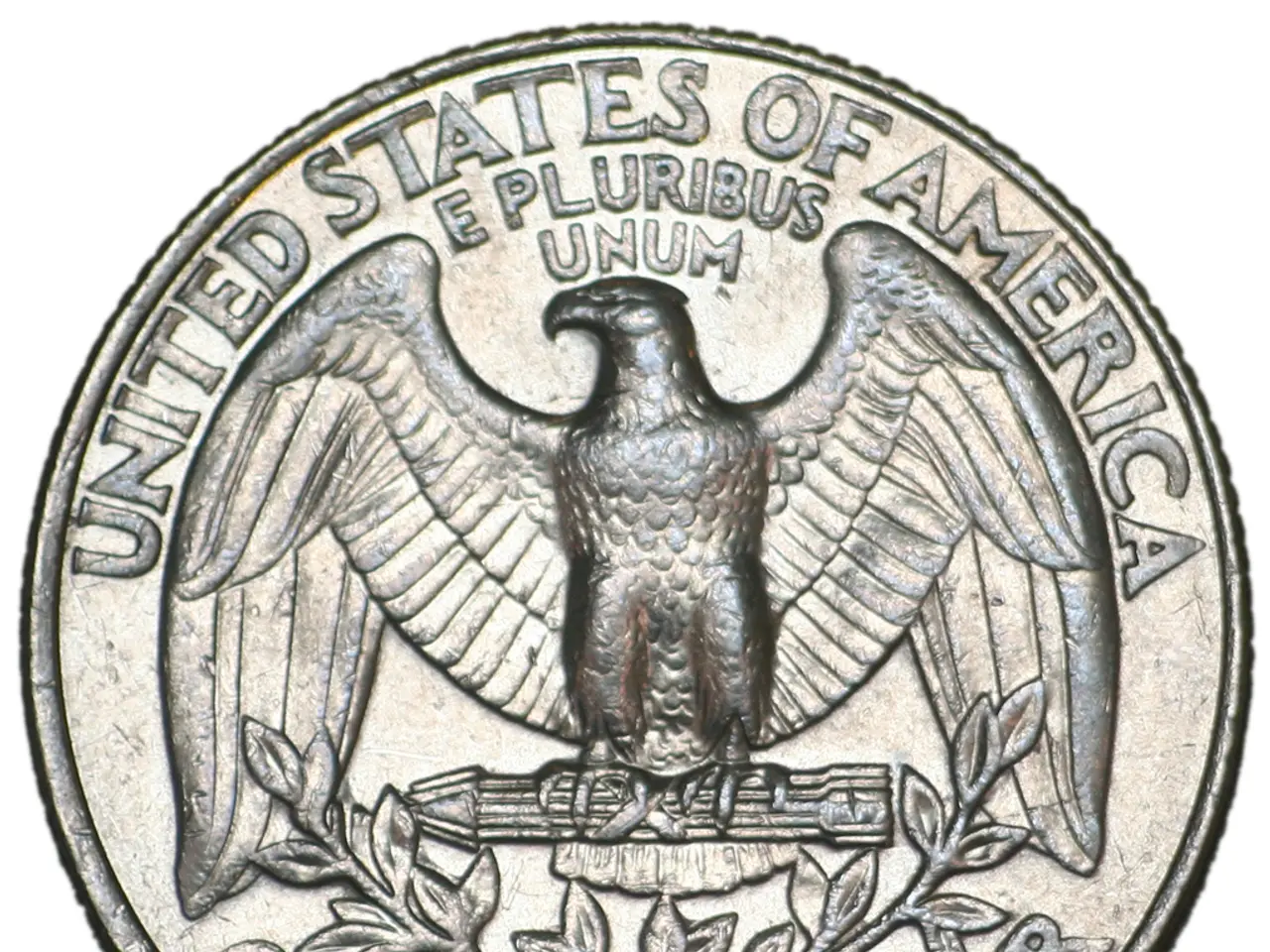Cryptocurrency Report Released by Trump - Implications for SHIB and DeFi Enthusiasts
President Trump's 2025 Crypto Report: A New Era for Digital Asset Regulation
A groundbreaking crypto report, released by President Donald Trump's Working Group, outlines proposed guidelines for U.S. crypto regulation. The key recommendations focus on providing clear digital asset classification, enhancing regulatory oversight, and opposing U.S. central bank digital currencies (CBDCs).
Digital Asset Classification and Regulatory Oversight
The report proposes a clear taxonomy distinguishing between securities and commodities to assign regulatory authority accordingly—securities to the SEC and commodities to the CFTC. This aims to reduce regulatory ambiguity and enforcement gaps. The working group urges Congress to pass legislation like the Digital Asset Market Clarity Act to explicitly delineate the roles of the SEC and CFTC, especially to authorize the CFTC to oversee spot markets for non-security digital assets.
The recommendations include creating safe harbors and regulatory sandboxes to speed innovation and market access without undue bureaucratic delays. The report also advocates clarifying permissible bank activities related to custody, tokenization, stablecoin issuance, and blockchain use, enhancing transparency for bank charters and capital rules tailored to crypto risks.
Stablecoins and the Dollar's Global Role
The report underscores the importance of embracing stablecoins as essential to protecting the U.S. dollar's hegemony globally. It calls for passing the GENIUS Act, which establishes the first federal regulatory framework specifically for stablecoins. Stablecoin issuers are encouraged to cooperate with law enforcement, such as freezing assets in investigations, to ensure trust and compliance.
Opposition to CBDCs
The report explicitly opposes the research, development, or issuance of a U.S. central bank digital currency. It urges Congress to pass the CBDC Anti-Surveillance State Act, which would prohibit the U.S. government from pursuing a CBDC, citing concerns about surveillance and privacy.
Tax Reform
Recognizing the unique characteristics of digital assets, including staking, the report recommends updating tax laws to better address digital asset transactions. It suggests adapting securities and commodities tax regulations to accommodate these innovations, fostering compliance without hindering growth.
Overall, the Trump administration's crypto report advocates a regulatory framework that clarifies jurisdiction, promotes innovation and consumer access, supports the existing dollar-based stablecoin system, and rejects CBDCs to protect privacy and U.S. monetary influence.
The report's urging of Congress to block the development and exploration of a central bank digital currency in the United States could impact the future of CBDCs and their potential competition with decentralized systems like Shibarium. The report's call for simplifying and clarifying the process for obtaining a bank charter for digital asset firms could potentially benefit Shibarium in terms of banking access. The crypto report's clear definitions for digital assets could benefit projects like Shiba Inu, including Shibarium. The proposal reinforces the need for coordinated oversight across the crypto landscape, which could have implications for the regulatory environment in which Shibarium operates. The call for collaborative oversight between the SEC and CFTC could lead to smoother integration for Shibarium across bridges and platforms.
- The President Trump's Working Group's crypto report proposes a clear taxonomy that differentiates between securities and commodities, assigning regulatory authority to the Securities and Exchange Commission (SEC) and Commodity Futures Trading Commission (CFTC) respectively, to mitigate regulatory ambiguity.
- The report encourages the creation of safe harbors and regulatory sandboxes to facilitate innovation and market access in the digital asset sector, without contesting with excessive bureaucratic delays.
- The recommended tax reform aims to update existing tax laws to accommodate unique characteristics of digital assets, such as staking, allowing for better adherence to regulations without stifling growth.
- Recognizing the significance of stablecoins, the report advocates passing the GENIUS Act to establish a federal regulatory framework specifically for stablecoins and encourages issuers to collaborate with law enforcement to secure trust and maintain compliance.




